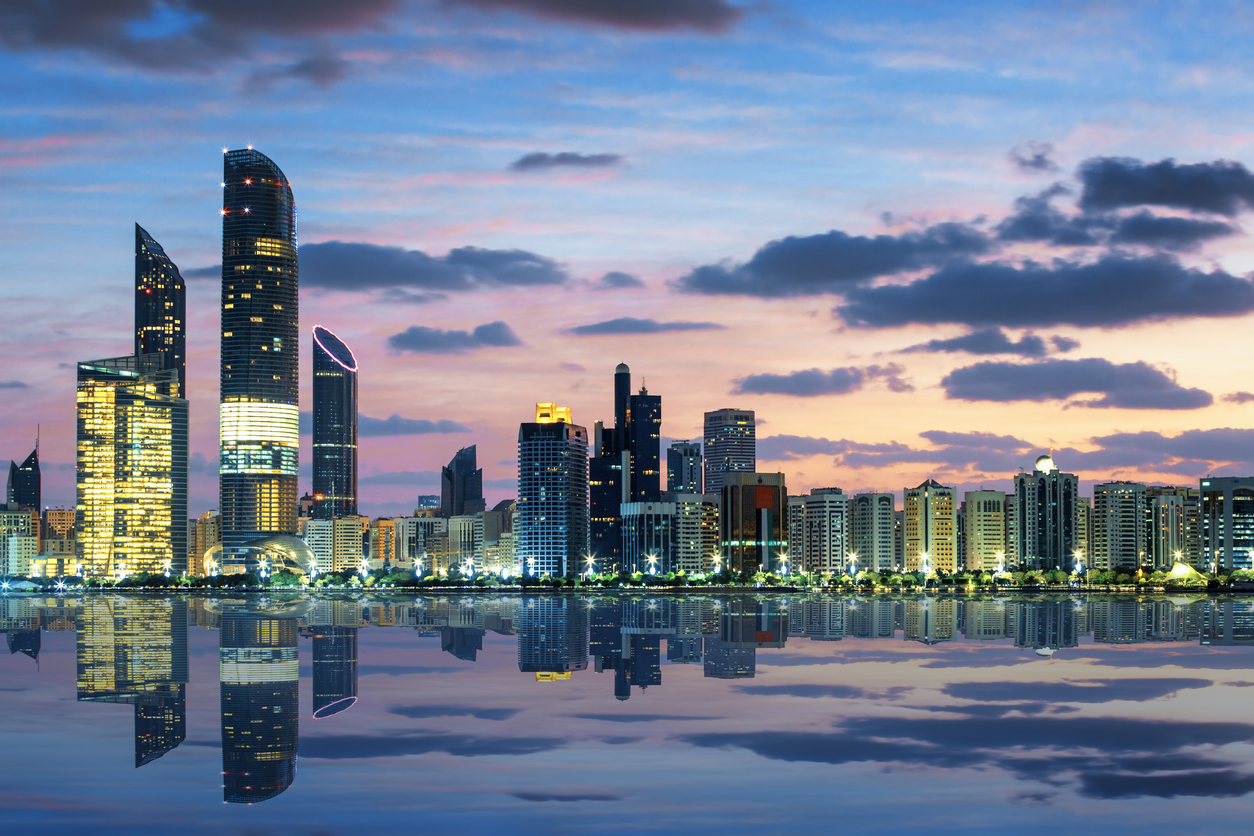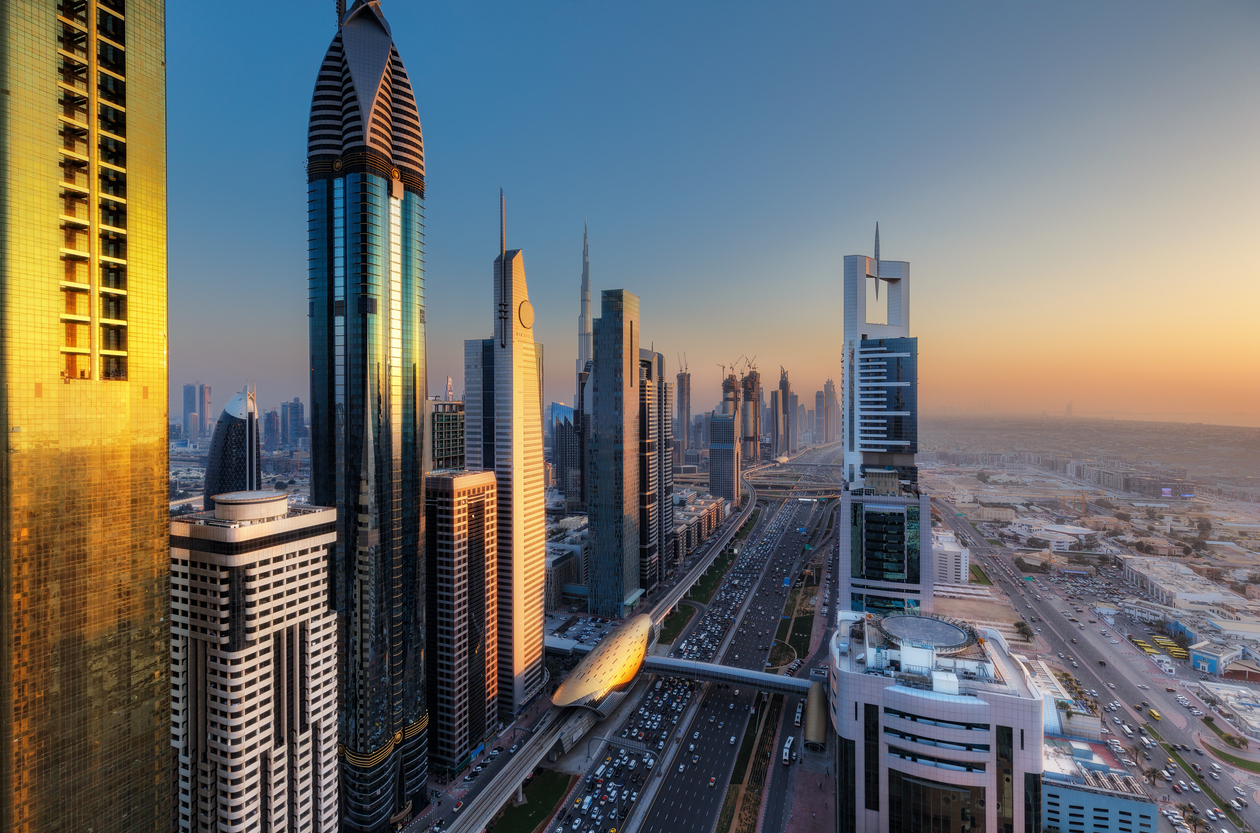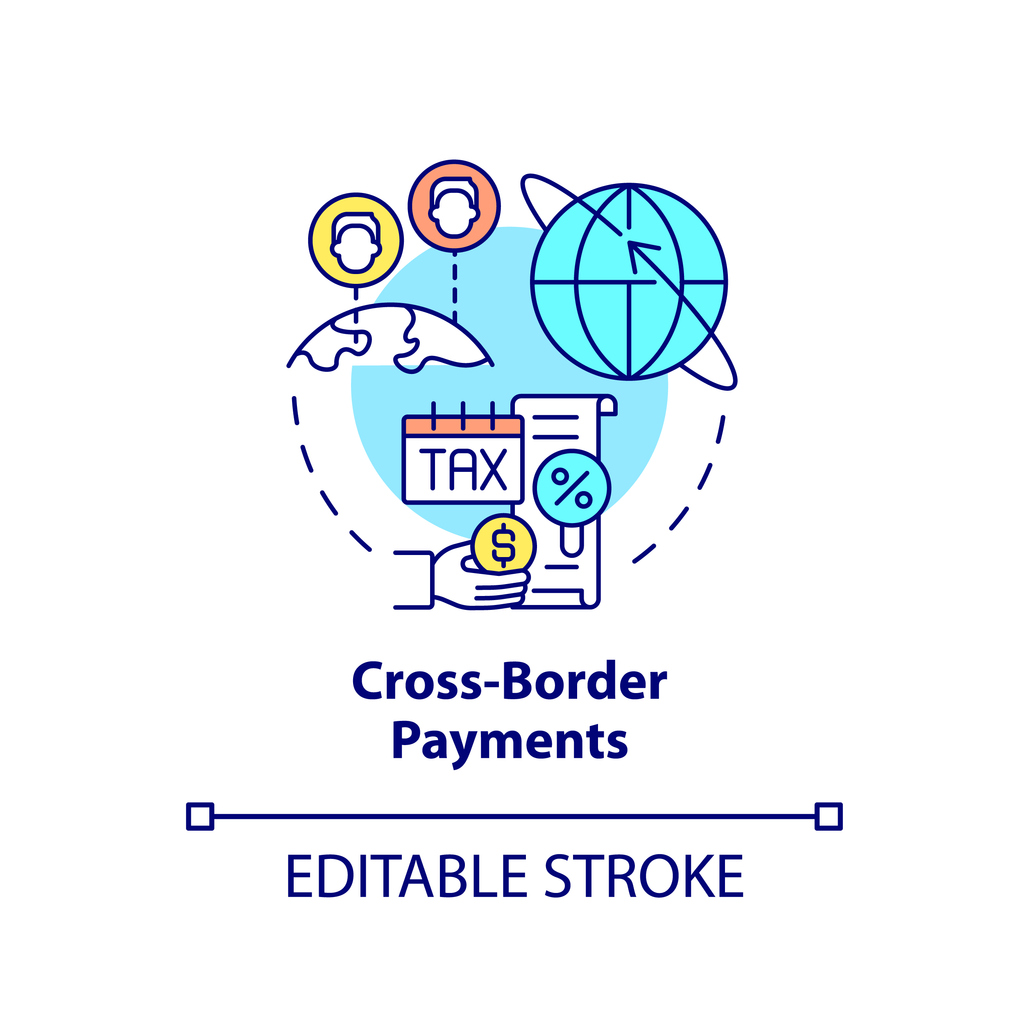Buying And Exporting Ferroalloys From South Africa? This Guide Will Provide You With All The Info You Need
Buying And Exporting Ferroalloys From South Africa? This Guide Will Provide You With All The Info You Need
Ferroalloys are a group of minerals used to make steel. They are mostly produced as byproducts of the production of iron, copper, and nickel. There are several types of ferroalloys, but the most common are Ferronickel (an alloy of iron and nickel), Ferrosilicon (an alloy of iron and silicon), Ferromolybendum (an alloy of iron and molybdenum), and Ferromanganese (an alloy of iron and manganese). Exporting ferroalloys from South Africa is not as easy as it sounds. In order to export these minerals, you must be registered with the Department Of Minerals And Energy. This article will explain everything you need to know about buying and exporting ferroalloys from South Africa.
What Are The Requirements To Export Ferroalloys From South Africa?
In order to export ferroalloys from South Africa, you must have a valid license granted by the Department Of Minerals And Energy. This license will state the quantity you are allowed to export and the destination of your shipment. You must ensure that your ferroalloys are properly documented and branded to avoid any issues when exporting. If you are unsure about the documentation process, you can always hire a Customs broker. Another important thing to note is that ferroalloys are subject to the regulation of the International Copper Trade Convention (ICTC). This means that you must apply for an export permit from the Department of Trade and Industry before exporting. This is an important step, as it will ensure that both you and your supplier are compliant with local and international regulations.
How To Export Ferroalloys From South Africa?
In order to export ferroalloys from South Africa, you must first obtain an export license from the Department Of Minerals And Energy. Once you have obtained this, you must contact a Customs broker to arrange the necessary documentation. Customs brokers will help you identify the best shipping methods, find a shipper, and obtain insurance. Once you have these things, you can begin to export ferroalloys from South Africa. Ferroalloys are usually shipped in bags, barrels, or dry boxes. You should ensure that your shipment is properly packaged to avoid any damage. Ferroalloys are heavy and bulky, so you should be careful when selecting your shipping method.
Which Countries Want To Import Ferroalloys?
Ferroalloys are in high demand throughout the world. Most of the ferroalloys imported to South Africa come from Brazil, China, India, Indonesia, Japan, and Russia. Ferroalloys are also imported from the USA, Canada, Australia, and Germany. There are many other countries that import ferroalloys; however, the above are some of the largest importers of ferroalloys.
Conclusion
Exporting ferroalloys from South Africa can be both rewarding and challenging. To ensure success, you must understand the regulations, shipping methods, and documentation process. Once you do this, you will be well on your way to exporting ferroalloys from South Africa successfully!








LEAVE A COMMENT
You must be logged in to post a comment.